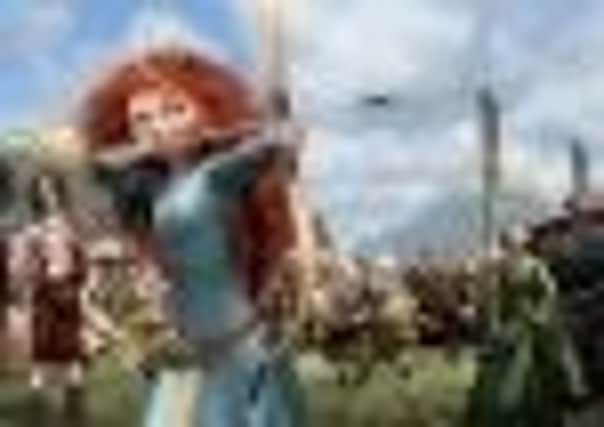Andrew Eaton-Lewis: Scotland’s national psyche might actually be closer to Australia’s


“It is absolutely fantastic to see Merida and the gang continue to fly the flag for Scotland in Hollywood,” was Alex Salmond’s response to Brave’s latest awards triumph.
Salmond’s boundless enthusiasm for a Disney cartoon has prompted a fair bit of mockery over the past year, and it’s been interesting watching Brave become a kind of barometer of patriotism. A blog by Alex Massie last week, “Brave, the Oscars and the Scottish Cringe”, sums up one side of the argument – that it is absurd for Scots to feel proud of a fantasy depiction of Scotland written and directed by Americans. Others regard this attitude as sneering – a lot of Scots contributed to Brave, they point out, from its star voice cast to singer Julie Fowlis and musician Jim Sutherland. It has, inevitably, become political – with, for the most part, unionists on one side of the argument, nationalists on the other.
Advertisement
Hide AdAdvertisement
Hide AdThis happens a lot with conversations about pride. A few weeks ago I watched a revealing one unfold on Twitter between novelist Alan Bissett (a prominent independence supporter) and film critic Hannah McGill. “Nationality isn’t an achievement, so pride not a relevant concept,” wrote McGill, responding to a remark by Bissett about national pride. Bissett countered that families are also an accident of birth, and surely you can take pride in their achievements? True, but McGill was raising a reasonable concern, echoed later in the same Twitter debate by Irvine Welsh: “Pride becomes toxic very quickly when used for political ends.”
I am, mostly, with McGill on this. The fact that I am half-English, half-Scottish and raised in Cumbria is probably a factor. I feel excluded from both British pride (which is usually southern English pride, indifferent to anything north of Manchester) and Scottish pride.
Last week, I read a fascinating article by Rae Earl, a British writer relocated to Australia. “I’ve realised why we Brits can be so self-deprecating,” she observes. “It’s because we had it all (ie: the British Empire) and lost it all.” Australia, she argues, is a relatively young country (unless you’re Aboriginal), full of people seeking a better life. “That makes an enormous difference to a national psyche.” Perhaps, but Earl doesn’t mean Britain, she means England. Scotland, a colonised nation, never “had it all”. Its national psyche might actually be closer to Australia’s – idealistic, optimistic, yet insecure about its place in the world.
Scotland, though, is also full of people like me and Hannah McGill, wary of any expression of national pride. Brave will continue to be an unlikely barometer of all these complex feelings about nationhood – and independence.